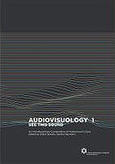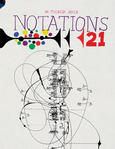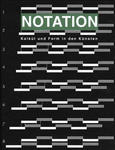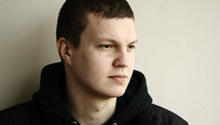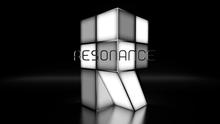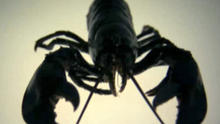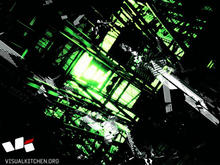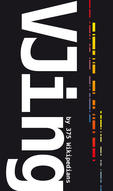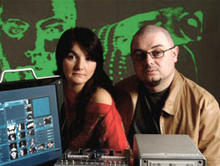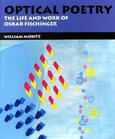Mario Basanov & Vidis feat. Jazzu: I’ll be gone
(2008)by Lithuanian director Rimantas Lukavicius (korb). Taking the simple premise of using a cardiograph to represent different audio lines within the track.
"I've always been a sucker for a simple idea well executed. And right now I can't think of a piece that achieves it better than this music promo by Lithuanian director Rimantas Lukavicius (korb), for Mario Basanov & Vidis feat. Jazzu, for the track I'll be gone.
Taking the simple premise of using a cardiograph (Four of them to be precise) to represent different audio lines within the track, Rimantas manages to create something truly mesmerising. It's one of those, I don't quite know why I like this so much, but I do pieces of work. I guess there's something special about the piece being utterly devoid of visual clutter, and that so much currency is made from the right camera pans and cuts. It's a ballsy move to stay with such a simple set-up throughout the whole promo and Rimantas succeeds in holding the attention without needing to introduce any further imagery. Hats off to him…"
Source: Motionographer
